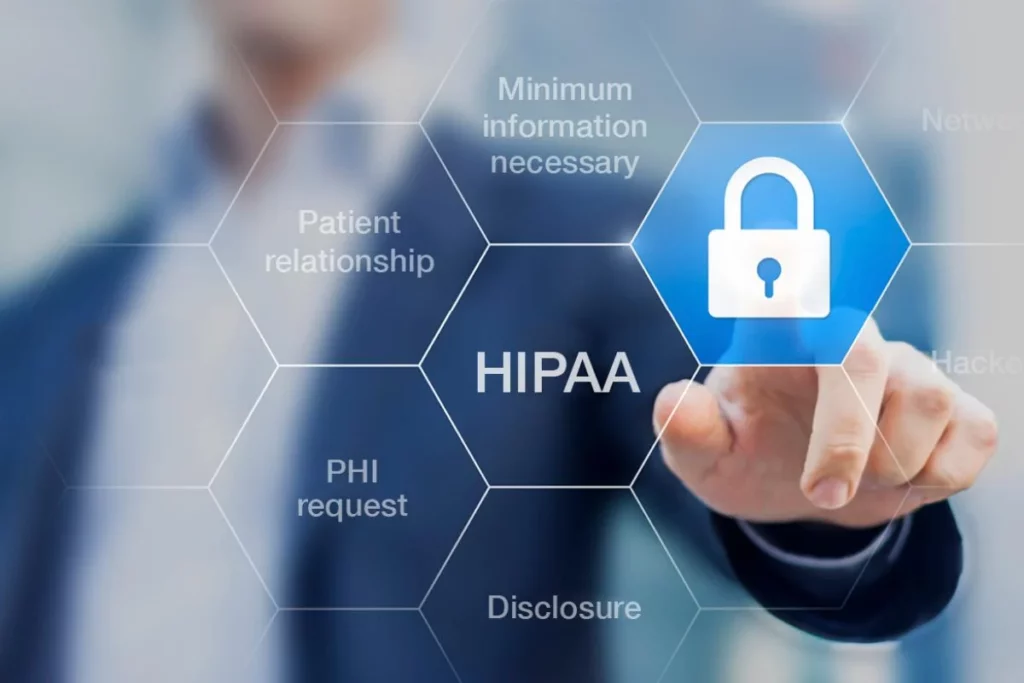Why is file encryption crucial?
File encryption is a critical aspect of data security that ensures the confidentiality and integrity of sensitive information. Encryption is the process of converting plain text into a coded format that can only be deciphered with a specific key or password. This technique is essential in protecting data from unauthorized access, theft, and manipulation.
In today’s digital age, cyber threats are becoming increasingly sophisticated, and data breaches are becoming more common. Therefore, it is essential to encrypt files to prevent unauthorized access to sensitive information. Encryption also helps to ensure that data is not tampered with during transmission or storage.
Moreover, file encryption is essential for businesses that handle sensitive customer information, such as financial institutions, healthcare providers, and government agencies. Failure to encrypt such data can result in severe legal and financial consequences, including hefty fines and loss of reputation.
Here are some frequently asked questions about why file encryption is important:
Q: What is the main reason to encrypt files? A: The main reason to encrypt files is to protect sensitive information from being accessed by unauthorized users. This could include personal information like credit card numbers and social security numbers, or confidential business information like trade secrets and customer data. Encryption ensures that even if a hacker or other unauthorized user gains access to the file, they will not be able to read its contents without the decryption key.
Q: How does file encryption work? A: File encryption works by converting data into a format that is unreadable without a decryption key. This is typically done using an algorithm that scrambles the data in a specific way, making it unreadable to anyone who doesn’t have the key to unscramble it. The encryption process can be applied to individual files or entire folders, depending on the user’s needs.
Q: Who should use file encryption? A: Anyone who stores sensitive information on a computer or other device should consider using file encryption. This could include individuals who store personal information like financial records, as well as businesses that store confidential customer data or trade secrets.
Q: What are the benefits of file encryption? A: File encryption provides several benefits, including:
- Protection from data breaches and other security threats
- Compliance with data privacy regulations
- Peace of mind that sensitive information is being kept safe
Q: Are there any downsides to file encryption? A: While file encryption provides many benefits, there are a few potential downsides to consider. For example, encrypted files can be more difficult to share with others who don’t have the necessary decryption key. Additionally, encryption can slow down file access and transfer speeds, especially on older devices.
Q: What types of file encryption are available? A: There are several types of file encryption available, including:
- Symmetric encryption, which uses a single key to both encrypt and decrypt data
- Asymmetric encryption, which uses a public key to encrypt data and a private key to decrypt it
- End-to-end encryption, which ensures that data is encrypted throughout the entire transfer process, from sender to recipient
- Folder-level encryption, which encrypts all files within a specific folder
Q: Is file encryption legal? A: Yes, file encryption is legal in most countries. However, there may be certain restrictions or regulations around the use of encryption in certain industries or for certain types of data. It’s important to check local laws and regulations to ensure compliance.
Q: How can I start encrypting my files? A: There are several tools and software available for encrypting files, including built-in encryption tools in operating systems like Windows and macOS, as well as third-party encryption software. It’s important to research and choose a tool that fits your needs and provides strong encryption. However, eCrypter allows you to share files via link or email, encrypts the files and even destroys the files once viewed ( or a time limit reached) for optimal private file sharing…


